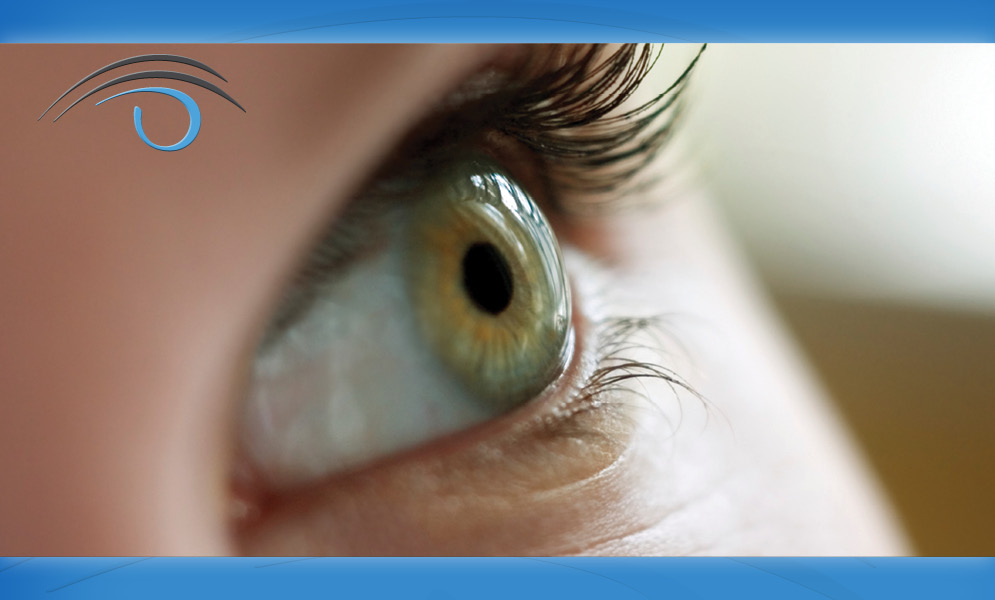Everyone’s eyes itch from time to time. But, if itching is frequent and you notice crusting around your eyelids, it might be time to get an eye care professional to check it out. Because you might have a condition called blepharitis.
In blepharatis, the eyelids are chronically inflamed. This can cause itching, irritation, and crusting of the eyelashes. Sometimes, blepharitis can contribute to red eye infection. Blepharitis can happen at any age, and may occur just once or many times. Chronic blepharitis is sometimes called “granulated eyelids.”
Blepharitis takes two forms, one caused by an immune reaction to overgrowth of normal skin bacteria, and another, seborrheic blepharitis, triggered by an immune reaction that results in crusty discharges and scaling. The first, more common form can be identified by redness along the eyelid margin and scales or flaking around the eyelashes. These may cause loss of eyelashes and distortion of the eyelid margins. In seborrheic blepharitis, scales can be more oily and could be accompanied by dandruff.
Left untreated, blepharitis can worsen into a complication called ulcerated blepharitis, where erosion or ulceration of the eyelid and cornea can occur. Should the condition advance to this point, aggressive treatment is required. Patient discomfort from ulcerated blepharitis can be substantial.
Earlier stage blepharitis can be easily treated, although it does take some discipline. You must strictly adhere to a regimen of hygiene. Each morning, eye scrub pads can be used, as directed by a physician, to clean the eyelid margins (the location where the eyelashes meet the skin. A cotton swab with a 50/50% solution of water and baby shampoo is an alternative cleansing option. The swab should be rubbed across the eyelid margins for approximately one minute. Hot compresses used several times (3 or 4) each day may help as well and offer some relief for itching
For seborrheic blepharitis, treatments used for dandruff or oily skin may be helpful, in addition to proper hygiene. In severe cases, antibiotics or steroid prescriptions may be required.
DiStefano Eye Center has helped scores of patients in Southeast Tennessee, North Georgia, and Northeast Alabama with eye conditions like blepharitis. If you have questions about blepharitis, feel free to call our offices or schedule an appointment. We’ll respond promptly.

